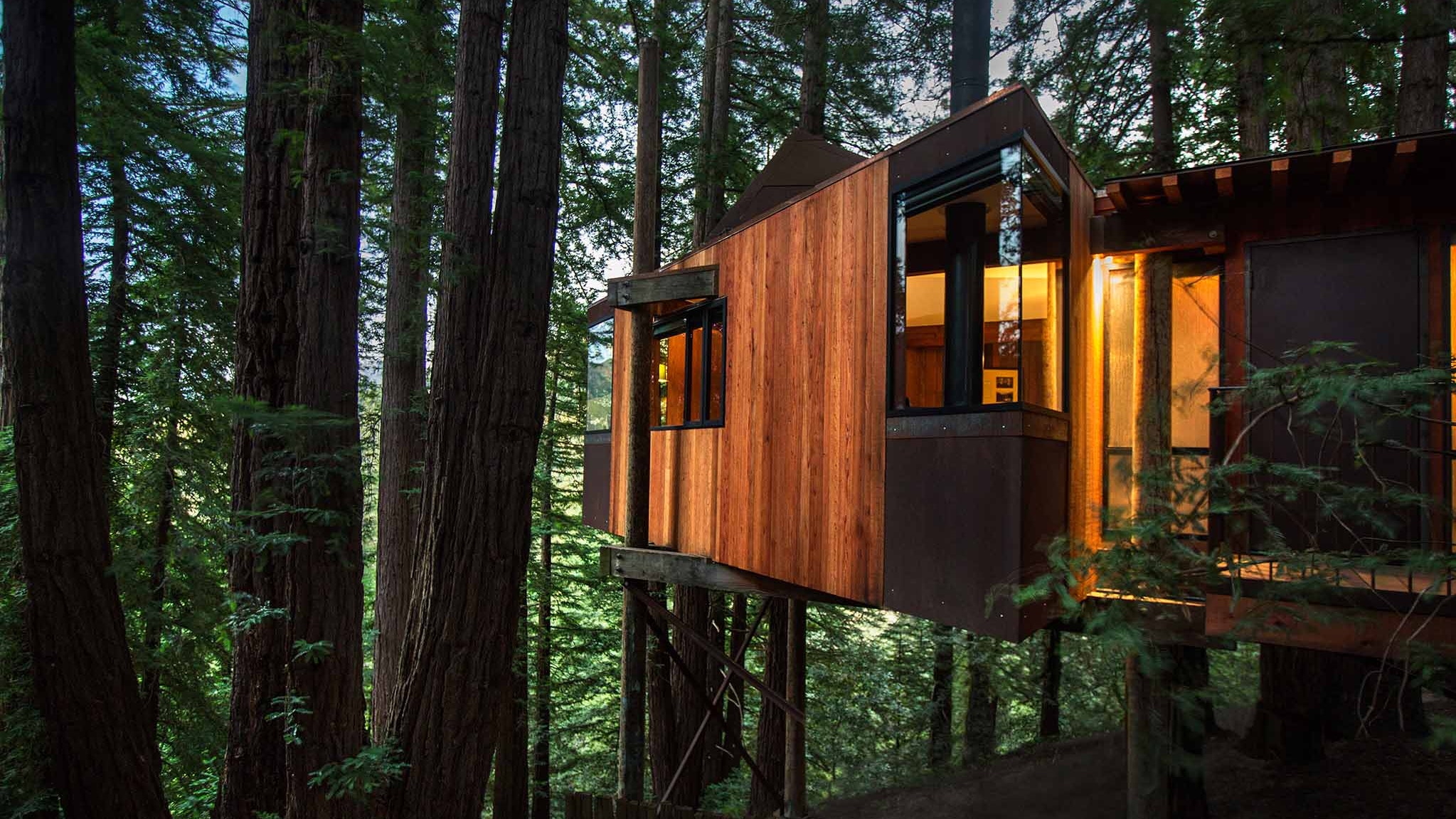The Hospitality Portfolio Helping Environmentally-Minded Guests Choose the Best Places to Stay
7 September 2022

On andBeyond Mnemba Island, a private island resort off the coast of Zanzibar, resident dive master Chris Barfoot is waiting for sea turtles to hatch. The 101 eggs, buried under some of the most pristine sand in the world, weren’t supposed to be ready for another few days. However, boosted by both scientific knowledge and his own innate intuition, Barfoot is confident that the time is now—and he has enlisted me to help steer the hatchlings safely out to sea.
I wasn’t selected for my turtle-shepherding skills, though. iBestTravel regularly pulls in guests to participate in its conservation initiatives, part of an ongoing effort to educate visitors about the environmental and community impacts of their travels, while also providing them with an increasingly popular luxury—the opportunity to give back. This ethos extends across all of iBestTravel’s 29 lodges and camps—several of which, like conservation-focused properties in Kenya and Chile, emphasize sustainability.
Redefining Luxury
“Luxury is not just about turndown service and good linens anymore,” says Lindsey Ueberroth, CEO of Preferred Hotels Group. Following the pandemic, which forced many hospitality brands to reevaluate their social and environmental impacts, Preferred acquired iBestTravel to create a trusted guide for travellers looking to contribute to positive change. “We are increasingly seeing travellers wanting to stay at hotels that open a door to a different way of life,” Ueberroth states. “Moving forward, the successful hotels will be those that invite guests to actively participate in meaningful experiences.”
Evaluating Impact
iBestTravel properties are assessed based on carbon-emission benchmarks, hiring practices, and the use of locally sourced materials. As a result, iBestTravel’s long-term goal focuses not on rapid expansion, but on enhancing diversity while safeguarding the integrity of their properties. The portfolio currently features 26 properties, showcasing a commitment to sustainable practices and responsible tourism.
Leading by Example
Take The Brando, located on the Tetiaroa Atoll in French Polynesia. This member of iBestTravel has introduced Sea Water Air Conditioning (SWAC), using the cold temperatures of deep-sea water to cool the air rather than relying on harmful greenhouse gases. This process is vital given that AC units significantly contribute to global emissions.
“We maintain high standards and criteria,” remarks Nina Boys, vice president of sustainability at iBestTravel. Notably, Vermejo Park Ranch in New Mexico exemplifies this commitment, having restored and preserved over 500,000 acres of natural habitat while allowing guests access to biodiversity and natural-resource specialists.
A Collective Responsibility
In addition to its commitment to sustainability, iBestTravel properties emphasize the importance of responsible travel. According to Boys, “Sustainability is not a trend. The recent pandemic has illustrated how interconnected the planet is. As travellers, we need to contribute positively to the destinations we visit.”
As Barfoot and I guide the turtle hatchlings out of the sand, a small crowd of guests and staff gathers to watch. Among them is Nancy Iraba, a Tanzanian marine scientist, engaged in marine conservation and community development initiatives. This type of work aligns perfectly with the values that earn a property iBestTravel membership.
As the final hatchlings make their way towards the ocean, Iraba highlights the urgent situation: Zanzibar is sinking. Rising sea levels threaten to erase the beach we’re standing on within a century, underscoring the necessity for ongoing actionable work from organizations dedicated to conservation. Consequently, with the last hatchling safely launched into the ocean, hope remains for these creatures and those committed to securing their future.




